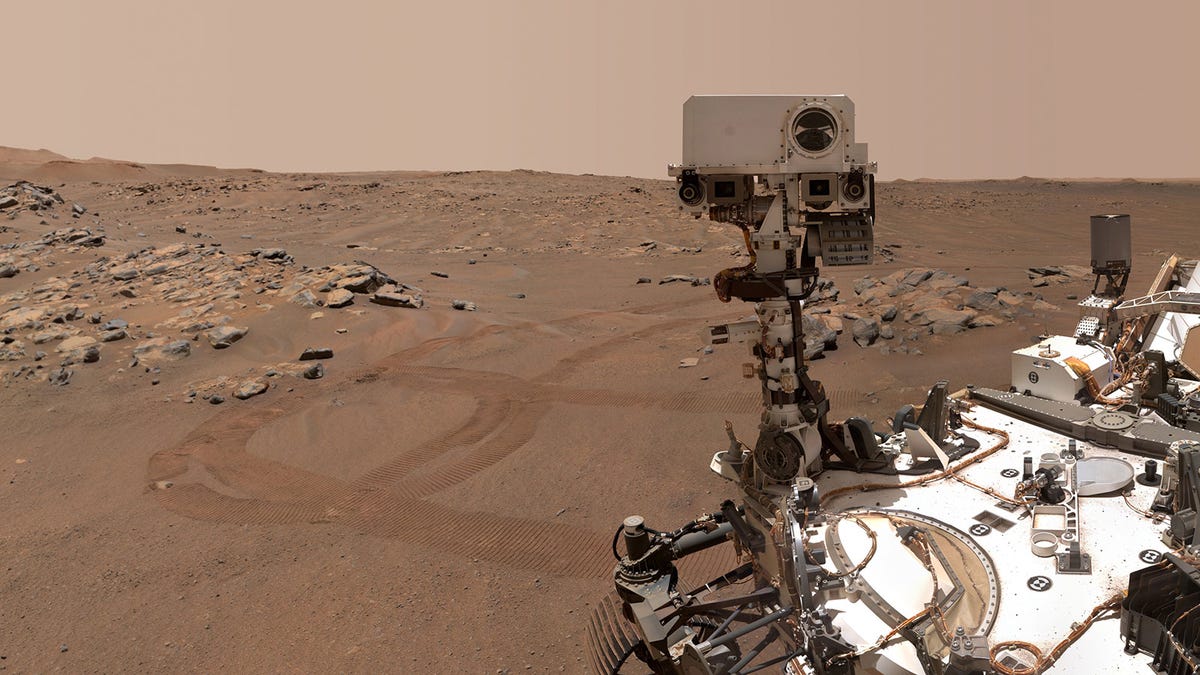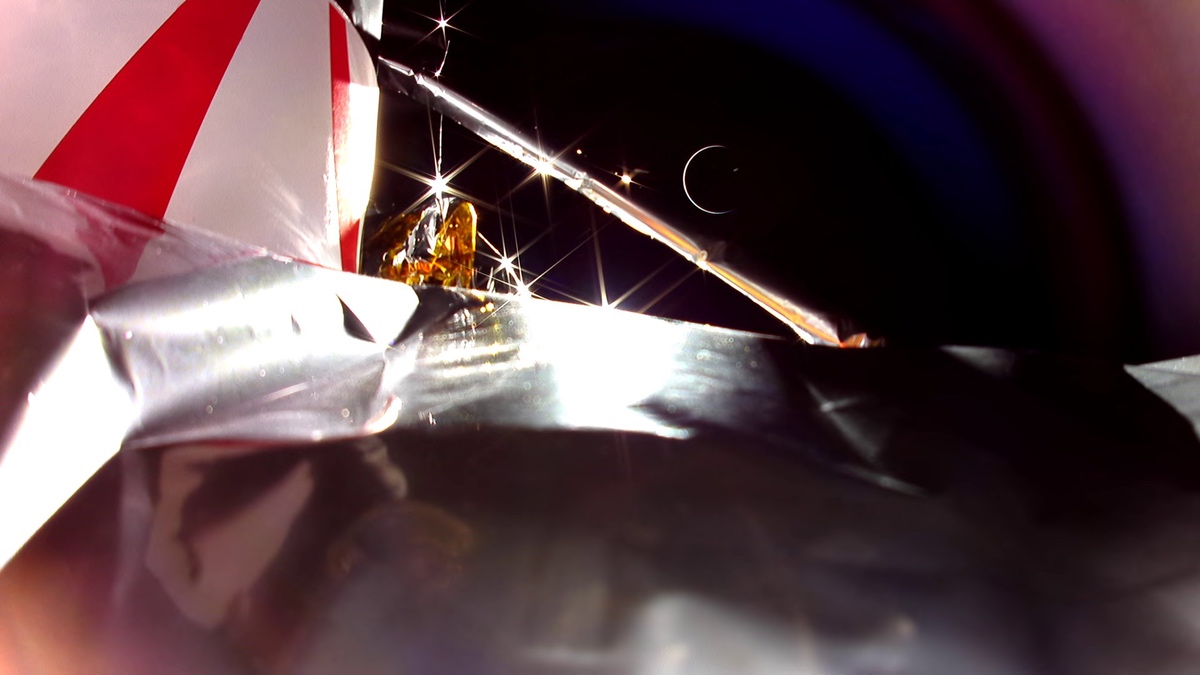
Pomocou mikrofónu, laseru a inovatívnej matematiky tím vedcov zmeral rýchlosť zvuku na Marse, čo je prvý vedecký a ďalší pozoruhodný objav, ktorý umožnilo vozítko NASA Perseverance.
Na misii vytrvalosti je toho veľa, čo sa mi páči, ale jedným z mojich obľúbených aspektov roveru je, že dokáže nahrávať zvuk.. Začiatkom minulého roka sme vôbec prvýkrát mohli na Marse počuť zvuky, prirodzené aj umelé. pomocou súboru SuperCam Mikrofónpotulný registrovaný vetry na Marse fúkajú, kliknutia Od laserov skenujúcich kamene a brúsnych zvukov, ktoré vydávajú ich rotujúce kolesá.
Vytrvalostný mikrofón, ktorý by tieto zvuky zachytil, nebol istý, Pri pohľade na bolestne tenkú atmosféru na červenej planéte. Zvuk potrebuje médium na šírenie a Mars má malý atmosférický tlak 0,095 libier na štvorcový palec (psi) Na úrovni terénu neponúka veľa práce. Na porovnanie, atmosferický tlak zemskej hladiny mora je asi 14,7 psi.
Ale boli tamNepozorovateľný hluk Zachytené Percyho mikrofónom v kráteri Jezero. S hlasmi jasne počuť na Marse, Baptiste Shane z Los Alamos National Laboratory v Los Angeles a rovesníci bola Schopný merať rýchlosť zvuku na Marse. Vedci nedávno predstavili nález V 53. konferencia o planetárnej a lunárnej vedektorý sa konal od 7. do 11. marca v Texase.
The tím žeriav SuperCam’s Perseverance Experiment, ktorý odstreľuje skaly laserom na štúdium geológie Marsu a Nachádza sa na čele stožiara sondy 6,9 stôp (2,1 m) nad povrchom Marsu. Tím vykonal merania zo 150 laserových výstrelov na piatich rôznych miestach a zároveň sledoval miestne poveternostné podmienky.
G/O Media môže získať províziu

Up to $1,500 off
Samsung Neo QLED TV 4K (2021)
Quantum Matrix Technology
Experience this brilliantly intense picture powered by a vast array of tiny light cells using exclusive Mini LED designed technology for hyper-focused brightness and dimming in all the right areas.
By measuring the time it took the staccato-like clicking sounds to reach the SuperCam microphone, they were able to establish the speed of sound on Mars, to a precision of plus-minus 0.51%. They found that sound on Mars travels at 787 feet per second (240 meters per second), which is significantly slower than the sound of speed on Earth at 1,115 feet per second (340 m/s).
And in an observation that matched prior predictions, the speed of sounds below 240 hertz fell to 754 feet per second (230 m/s). That doesn’t happen on Earth, as sounds within the audible bandwidth (20 Hz to 20 kHz) travel at a constant speed. The “Mars idiosyncrasy,” as the scientists call it, has to do with the “unique properties of the carbon dioxide molecules at low pressure,” which makes the Martian atmosphere the only one in the solar system to experience “a change in speed of sound right in the middle of the audible bandwidth,” as the scientists wrote. The reason for this is that sounds above 240 Hz don’t have time to relax their energy, according to the scientists.
The scientists go on to say that this acoustic effect “may induce a unique listening experience on Mars with an early arrival of high-pitched sounds compared to bass.”
Unique is right! Lots of acoustic information exists below 240 Hz, including the low end of music and the lowermost registers of the human voice (typically for males). Music on Mars would sound completely messed up (particularly with increased distance), with the middle and high frequencies reaching the listener slightly before the low frequency sounds, such as the lower registers of the bass guitar and kick drum. Add another effect of carbon dioxide, the attenuating, or dampening, of higher frequencies, and the acoustic experience gets even weirder.
As a neat aside, the technique used to measure the speed of sound can also be used to measure the local temperature. So in addition to Percy’s analytik dynamiky prostredia Marsu (MEDA) má družstvo k dispozícii nový teplomer. Pri pohľade do budúcnosti Chide a jeho kolegovia vykonajú ďalšie testy na meranie rýchlosti zvuku v rôznych časoch dňa a počas rôznych marťanských ročných období.

„Organizátor. Spisovateľ. Zlý kávičkár. Evanjelista všeobecného jedla. Celoživotný fanúšik piva. Podnikateľ.“







